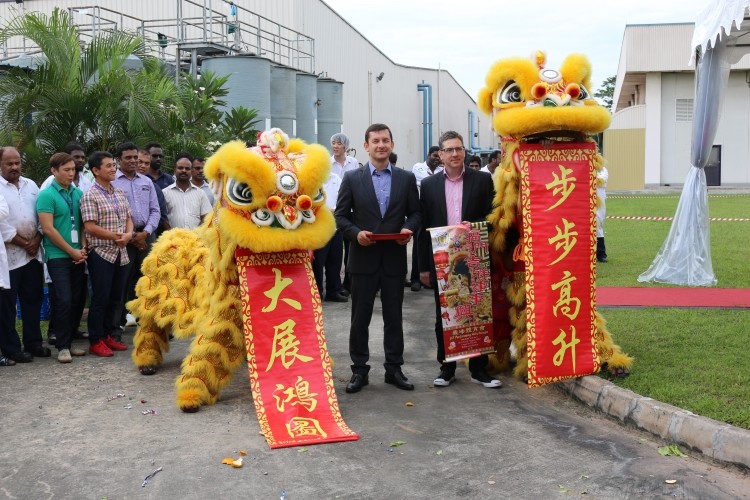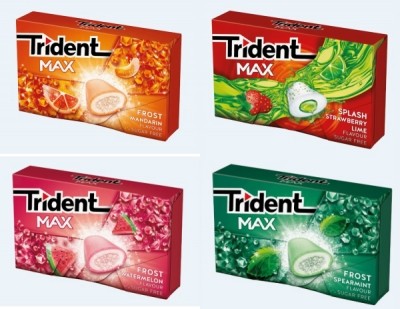Mondelēz reports ‘no difficulties’ opening gum R&D center in gum-banned Singapore

The construction of the nearly $8.5m facility, which will help develop new gum flavors, formats, and packaging, will be complete by the end of 2017, according to China’s confectionery trade body, China Candy.
Mondelēz currently has employed 75 researchers for its Singapore R&D center. The company’s other R&D centers in Asia are located separately in Suzhou, China; and Mumbai, India.
A Euromonitor report released in July last year shows the gum market in the Lion City is “significantly small,” with a total dollar sales of $0.69m. The domestic gum market is dominated by Mars and Wrigley.
Mondelēz's spokesperson, Michael Mitchell, told ConfectioneryNews it does not sell its gum brands in Singapore.
What does the law say in Singapore?
The import of chewing gum is prohibited under the Regulation of Imports and Exports (Chewing Gum) with certain exceptions, according to the Singaporean government website.
In 1992, chewing gum was banned in Singapore under the same regulations, and the ban, which includes all gum substances of vegetable or synthetic origin, such as bubble gum and dental chewing gum, carries “a hefty fine and possible jail term”.
The ban reportedly came after a passenger stuck a wad in the door of a commuter train which caused a delay in scheduled service.
However, the law was relaxed in 2004 as a result of the US-Singapore Free Trade agreement, but only allowed pharmacists and dentists to sell “therapeutic gum” to customers with a medical prescription.
A Wall Street Journal report claimed Wrigley’s Orbit chewing gum had been sold behind a pharmacist counter.
Strong infrastructure and flouring innovation scene
The Trident gum brand owner said it chose Singapore for one of its R&D locations for a number of reasons, with the country being ranked sixth in the global innovation index in 2016 and has a flouring innovation scene as the primary reason.
“It has a fantastic infrastructure and a thriving RDQI (Research, Development, Quality and Innovation) ecosystem, including university and government investment in Singapore,” said Mondelēz’s spokesperson, Michael Mitchell.
“As a world-class RDQI team, we want to attract people at the forefront of thriving innovation scenes,” he added. “We are fortunate to have access to an incredible pool of young talent in Singapore.”
“Our long-term strategy in the Asia Pacific region is consistent with our global goals – to grow our people, grow our business and grow our impact – as we build the best snacking company in the world.”
Mitchell mentioned that there were “no difficulties” when the company decided to open a R&D center in Singapore, and added that local government has been supportive of its investment.
In addition to Mondelēz, China Candy said Singapore, as an “economic pioneer country” in Southeast Asia, has also attracted many other big firms to invest in building their research centers, including Nestlé.















